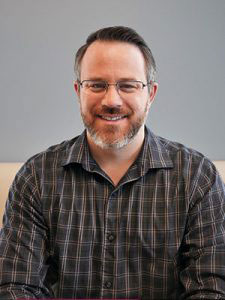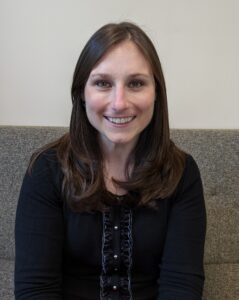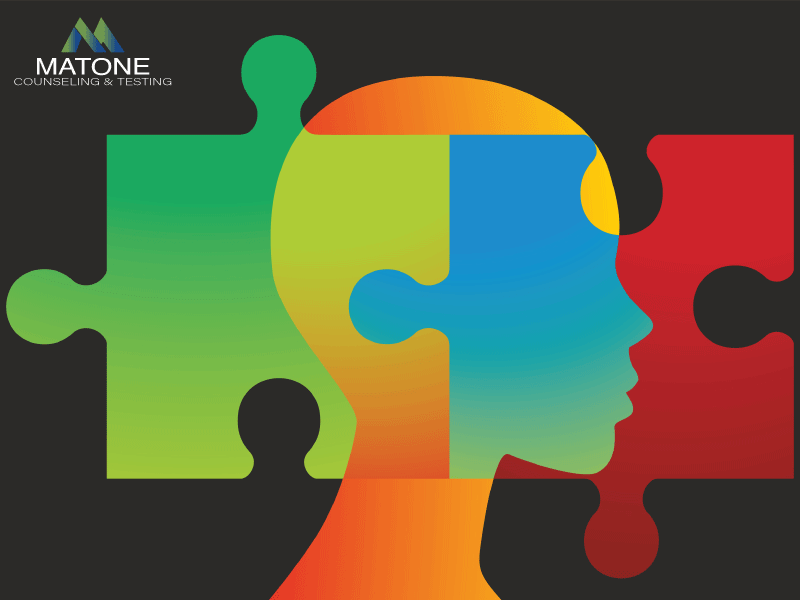What is the Difference Between Psychiatrists and Psychologists? And What Does a Psychologist Do?
Specialty Differences – Matone Counseling & Testing – Psychiatrists vs. Psychologists
By: Daniel Stillwell, Ph.D., LMFT & Miranda Meyer
Choosing a professional for mental and behavioral health needs can be overwhelming. You have issues with location, insurance, personality, and training.
One of the confusing spots we want to clear up here is the different fields and their corresponding licenses: Psychiatrists, Psychologists, Social Workers, Counselors, and Marriage and Family Therapists.
You’ll note that similarities, as well as differences, exist among the various professionals. Links have been provided for each job title that will take you directly to the classification specs posted on the North Carolina Office of State Human Resources website. The two most common licensed mental health professionals in NC are Licensed Clinical Mental Health Counselors (LCMHC) and Licensed Marriage and Family Therapists (LMFT). For most ordinary situations, “counselor” and “therapist” are interchangeable.
There are other professionals that can also provide psychotherapy (a fancy word for talk therapy) services, but they are less common. Coaching and consultation are different from psychotherapy and should not be confused with clinical work. Some of the degree and license acronyms are listed as well. If you see other letters after someone’s name, you can always ask about their specialized training, licenses, or certifications. Lastly, if you see an “A” or “P” after someone’s license acronym, it probably means they have an associate or provisional license, are more recently graduated, and are practicing under supervision. If you see an “S”, it often means they hold a supervisor status for that license.
Psychiatrist (MD, DO)
Psychiatrists are mental health professionals who work strongly with the medical model, trained as medical doctors. They earn a medical degree (MD) and complete an additional four-year specialization in psychiatry. They are skilled at evaluation, diagnosis, and treatment with, and without, the use of medication. Psychiatrists may specialize in child and adolescent, addiction, geriatric, forensic, or general psychiatry. They are the only ones listed in this post who have the authority to prescribe medication, so if this is something that’s important for you then they’re a great resource. A primary care physician, physician associate/assistant, and some nurses can also provide mental health medication, but a psychiatrist specializes in it.
Psychologist (PhD, PsyD, occasionally EdD)
Psychologists earn a doctorate degree in psychological issues. They are the experts in psychological assessment, performing psychological and educational diagnostic and intervention services for children and adults. Their diagnostic responsibilities may include evaluation for development, intelligence, learning, behavior, and personality disorders. Psychologists do this by administering, interpreting, evaluating, and assessing an individual’s mental abilities, aptitudes, and/or personality characteristics through psychological testing. They often also provide psychotherapy, consultation, and behavior management to treat or address psychological adjustment and/or behavior issues in individuals or groups.
Social Worker (MSW, LSCW, occasionally PhD)
Social workers usually earn a Master of Social Work. They take a strengths-based and contextual approach, often de-emphasizing the medical model, generally focused on negotiating social systems and advocating for change. Social workers can provide an in-depth assessment of individuals and family dynamics and needs. For their psychotherapy clients, they specialize in developing interventions and treatment plans connected to their resources and community. Much of their planning involves coordinating with a variety of community-based service providers meaning they are aware of and in contact with a larger network of specialized helpers and organizations for their clients. Professionals with a Bachelor of Social Work generally help clients with their cases to improve functionality individually and in the community (“case management”).
Mental Health/Professional Counselor (MA, MS, LPC, LCMHC, occasionally PhD)
This one has the most confusing name. Some states use the term “Professional Counselor” (North Carolina used to) while others use “Clinical Mental Health Counselor” (NC’s current designation). Most counselors earn a master’s degree in clinical mental health. Counselors provide clinical services using applied theory to treat individuals, couples, families, and groups. They can diagnose and treat mental and emotional disorders by applying psychotherapeutic and evidence-based theories and techniques. Counselors can provide developmental and therapeutic assessment and treatment in a wide range of potentially serious or complicated cases that require a wide range of evaluation and therapeutic intervention skills. Since they are the most common in NC, they are often trained as generalists, with many specializing in issues like trauma, addiction, development, etc.
Licensed Marriage and Family Therapist (MA, MS, LMFT, occasionally PhD)
Most Marriage and Family Therapists, or MFTs, earn a master’s degree in family, couple, or relational therapy. MFTs are trained to help families and couples identify and treat both individual and interpersonal problems. They can diagnose and apply empirically supported psychotherapeutic techniques to counsel and offer solutions to clients. While the license says “marriage,” MFTs work with all kinds of intimate and couple relationships. Some are specially trained in human development due to the role the family plays in health and well-being. MFTs treat individuals as well, but they conceptualize their clients as part of a larger system and therefore use techniques to treat the individual within the system. Historically, relationship therapy was not covered by insurance plans, but that has mostly changed in recent years. Like social workers, MFTs are often strengths-based and work both in and outside the medical model.
While Matone Counseling & Testing does not have providers who can prescribe medication, we do have dozens of other qualified professionals to help you with a wide range of issues. We hope you reach out to us!
South Charlotte: 704-503-8196
Cotswold: 704-264-2973
Asheville: 828-333-9320

Written by: Daniel Stillwell, Ph.D., LMFT

Written by: Miranda Meyer
Miranda Meyer is a staff writer and completing her Practicum Requirement at Matone Counseling and Testing. is a graduate student in the Masters of Arts in Counseling program at Wake Forest University.




